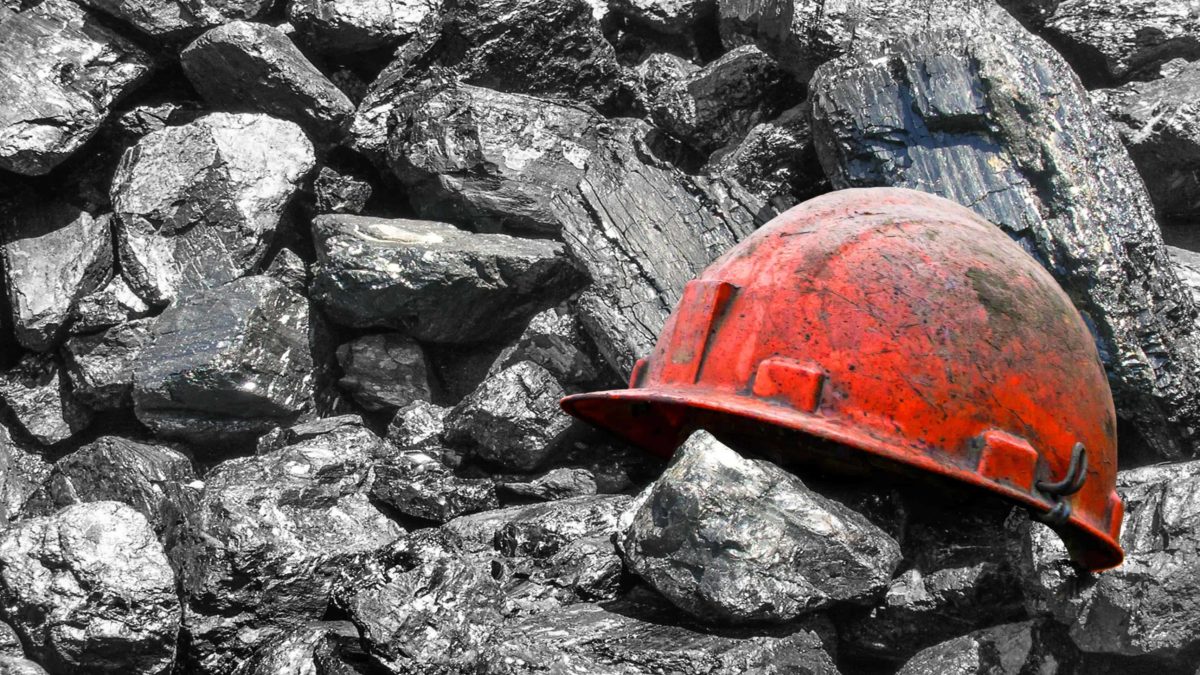China is considering imposing price controls to tame the raging coal market as it grapples with a looming energy crisis.
If you fail the first time, try and try again seems to be the motto of the Chinese Communist Party.
Never mind that authoritarian price controls have failed in the past! Chinese officials are reportedly thinking about capping the price miners can sell coal, reported Bloomberg.
Commodity price surge feeding inflation
This is in response to surging demand for electricity as power plants struggling to keep up due to the lack of cheap coal.
Not coincidently, China's factory gate inflation surged to its highest level since 2008 in May. The producer price index increased 9% from the year before. This is higher than the 8.5% median forecast that economists surveyed by Bloomberg where expecting.
As I reported on Monday, Beijing's embargo on Australian coal is contributing to the coal problem. Power utilities may have to ration electricity as unseasonably hot weather and a ramp up in factory production post-COVID-19 are putting a strain on supply.
China thinks it can control prices
It's interesting that China believes capping prices can make the problem go away. If anything, higher prices stimulate supply and vice-versa.
But this isn't stopping the Chinese government from testing the theory. The price cap is being trialled at at Yulin, a major production base in north western Shaanxi province, according to Bloomberg.
This isn't the only idea that's being tested. Chinese authorities are considering enforcing a limit of 900 ($181.84) yuan to 930 yuan a ton on the benchmark price at the port of Qinhuangdao. The hope is that this will influence other markets nationwide.
Coal price near record highs
The price of coal at Qinhuangdao jumped to a record high of 962 yuan a ton on May 19 before moderating to around 865 yuan. That's still well ahead of the historical average of 547 yuan a ton.
"Under this scenario, power plants would be advised by the authorities that they can't buy coal above that level," said Bloomberg.
Again, it's difficult to see how these ideas will increase the supply of coal, which is at the heart of the problem.
Same controls, different results?
The demand-supply imbalance is made worse by China's move to close unsafe mines following a spate of fatal accidents. It's doing this ahead of the 100th anniversary of the founding of the Communist Party next month.
No official decision has yet been made and it's worth noting that China has unsuccessfully tried to control the commodity price before.
Market manipulation can worsen the problem
No surprises that didn't work. What's surprising is that the Communist Party is using the same playbook again but expecting a different outcome.
"China produces and consumes mostly its own coal and the supply chain is dominated by state-owned firms," said Bloomberg.
"But the precedent of imposing price controls could still rattle other commodities markets that rely on imports and the private sector."









